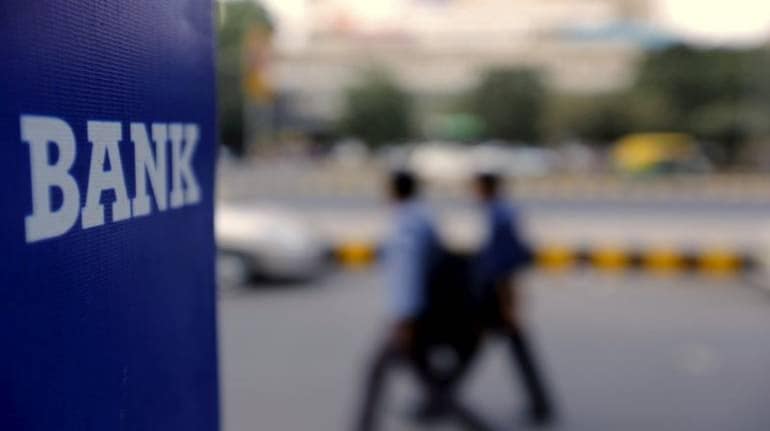Indian banks are bracing for loan defaults from entities linked to Russia and Ukraine and delays in trade receivables in the context of sanctions imposed on account of the ongoing war, bankers said.
So far, India and Russia have not signed an agreement for a rupee-rouble trade settlement to get around sanctions imposed against Russia for invading Ukraine. Indian lenders have played it safe by following the State Bank of India’s lead in dealing with sanctioned entities.
“No transactions involving entities, banks, ports or vessels appearing on a US, European Union or United Nations sanctions list shall be processed irrespective of the currency of the transaction,” SBI said in a letter to clients that surfaced in March.
As per some bankers, the situation may worsen if Western countries invoke sanctions against all trading partners of Russia. India is among the few countries that have not entirely cut their trade ties with Russia.
“As US and European sanctions have resulted in a virtual freeze of Russian assets, India’s trade receivables will get delayed. The shift to a non-dollar settlement will not be smooth and may not benefit all,” said RK Gurumurthy, head of treasury at Dhanlaxmi Bank. “US and European banks in Russia have stopped their operations, which means Indian importers find it difficult to open or get confirmation of their LCs (letters of credit).”
Eye on Lanka
The other front on which banks are keeping a watch is Sri Lanka, which has defaulted on all its debt obligations and is now looking to the International Monetary Fund and other multilateral lending institutions for a bailout package. However, any monetary help will also come with very strict conditions, Gurumurthy said.
“While bilateral trade with Sri Lanka is about $7 billion, India’s exports are close to $5 billion. Rice and pulse exporters from India will have difficulties in realising export proceeds. Banks may not honour LCs as credit restrictions on a defaulting country will virtually annul trade and payment commitments,” he added.
Rajneesh Karnatak, executive director at Union Bank of India, told Moneycontrol that the lender does not foresee any significant stress build-up because its total exposure to Russia and Ukraine is minuscule. Some Russian companies have offices and branches outside Russia and are making payments from other countries in order to ensure business continuity.
One exporter had already shipped goods to Russia before the crisis started. The Russian buyers remitted the payments through one of the European countries, the banker said.
Cross-border transactions
Bankers said the government and regulator must firm up an agreement with Russia to ensure ease of cross-border transactions.
Among the sanctions levied against Russia was the removal of certain Russian banks from the Society for Worldwide Interbank Financial Telecommunication (SWIFT), a service used to carry out international transactions among banks.
“The SWIFT system continues to be the backbone of international transfers with few alternatives. It is unprecedented for a country to be blocked from the SWIFT network,” said Sukeert Shanker, founder of Aeldra, a Silicon Valley-based digital banking and investment platform.
In the case of Sri Lanka though, Indian banks will not be affected much as there are several foreign holders of Sri Lankan debt, Shanker said. Fidelity, Lord Abbett & Co. and T Rowe Price Group were among the overseas holders of the island nation’s $12.6 billion of foreign debt, according to holdings recently disclosed by investors.
According to Shanker, India’s trade with Sri Lanka will be affected in the near term but should recover in due course.
“To sum up, in spite of having managed the pandemic extraordinarily well and poised for sustainable long-term growth, India now faces the double whammy of high inflation leading to higher rates and future credit defaults by mid- and small-sized corporates and the collateral damage of embargos for trading with sanctioned countries,” Gurumurthy said.



